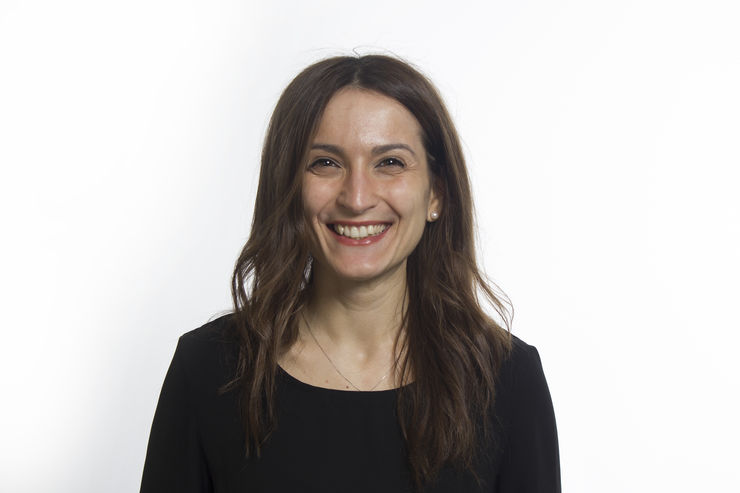In the dissertation, Arianna Poli examined, among other things, a research study which evaluated a mobile system for monitoring patients after day surgery, where the patients themselves reported the progress on their mobile phone. The dissertation showed that people aged 75 or older were less often invited to participate in the research study compared to older people in younger age groups. The reasons for this included that the elderly lacked an internet connection or mobile phone and could, therefore, neither use the mobile system nor evaluate it. The results also showed that those who agreed to participate in the research study were predominantly women, had office jobs, better health and internet skills than those who did not want to take part in the evaluation of the mobile system. Thus, not everyone had the same chances to participate in research. Participation in research was found to be unequal among different groups in the older population.  Photo credit Linda Fredrikson
Photo credit Linda Fredrikson
Using statistical simulations, Arianna Poli found that the results of research studies on digital technologies can change significantly depending on the group of older people that participates. When too few older people with poorer health, in very old age and with lower digital skills, participate in intervention studies, the study results are likely to be biased and over-positive. This happens because the study results are based on the healthier, the younger and the digitally savvier ones who have a higher chance of achieving better outcomes compared to the other groups of older people. Arianna Poli showed that these over-positive results give an incorrect impression of the digital technologies’ usefulness for addressing older people’s healthcare needs. She demonstrated that positive effects may even disappear if one simulates that more older people with poorer health, in very old age, with lower digital skills participated in these studies. The dissertation shows how these statistical simulations can be an important tool for helping interpret and correct the unequal opportunities for some older people to participate in evaluations of digital technology.
Based on the results of the dissertation, Arianna Poli gives recommendations on how to work to reduce digital inequality by optimising how digital technologies are evaluated.
“Researchers conducting digital health technology evaluations should involve more diverse samples of older people which better reflect the targeted users. They should always check which groups of older people are under-represented in a research study, and, either try to improve the sample by focused recruiting strategies or employing statistical procedures like weighting for correcting biased results.”
The study:
A Divided Old Age through Research on Digital Technologies, Arianna Poli, Linköping University. Division Ageing and Social Change, Department of Culture and Society, Faculty of Arts and Sciences, Linköping Studies in Arts and Sciences No. 814
http://urn.kb.se/resolve?urn=urn:nbn:se:liu:diva-178298
